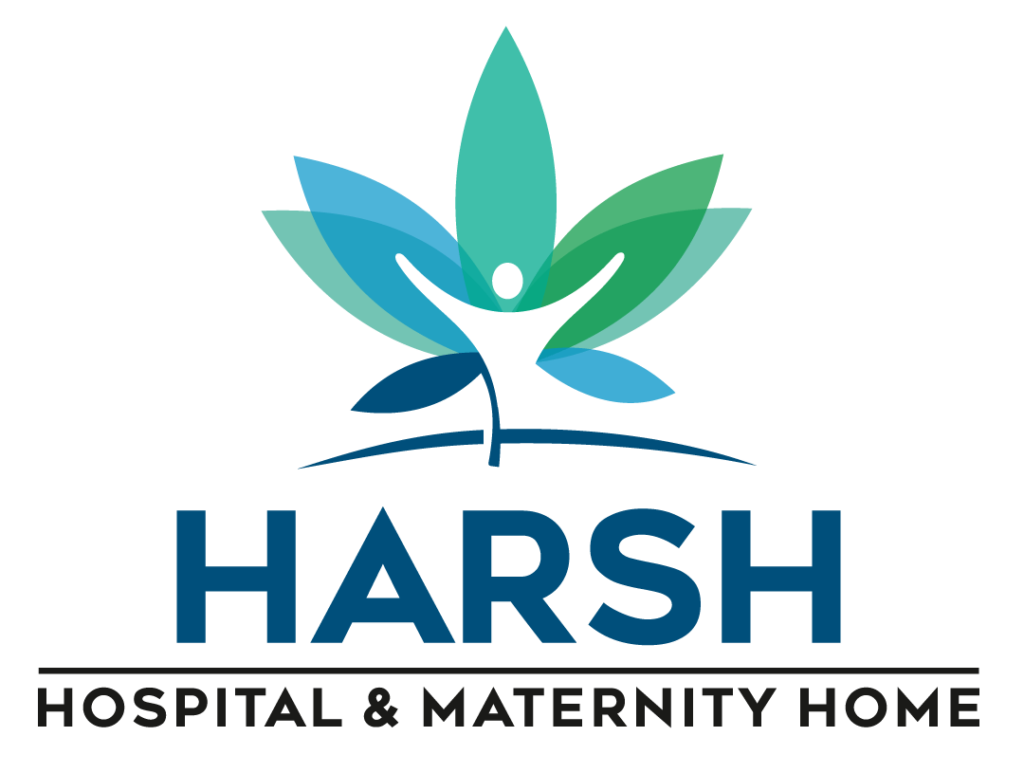Newborn babies are vulnerable to diseases and hence require specialized treatments. In order to take care of their child and maintain their wellbeing, every new parent should be informed of these frequent newborn health problems and how to address them.
It can be taxing for new parents to care for their children. While loving being a new parent, you are frequently concerned about your baby’s health issues.
Jaundice, coughing, diphtheria, and other common health issues are just a few. Many of these issues are not serious, but the parents should be extra precautious. They should be conscious of the baby’s needs, try to address any problems, and seek doctors’ advice to ensure the baby’s overall health.
5 Common Newborn Health Problems
Common Cold
Infants’ immune systems are prone to the common cold and the flu. The likelihood of contracting an illness like the flu or a cold from your surroundings is very high.
Running noses, coughing, sneezing, and other symptoms of the flu and cold. Consult a doctor once if the infant displays any symptoms. Pneumonia can be brought on by a common cold or flu.
Jaundice
The majority of infants experience jaundice, soon after their birth. The skin and eyes turn yellow in jaundice. Newborn jaundice can be recovered on its own, while others need to be treated.
If the Newborn Jaundice symptoms include signs of dehydration; such as fewer wet diapers, poor eating, or increased jaundice, a doctor’s consultation is required.
Constipation
Constipation is common in children under the age of one. A change in nutrition is to blame for this. New diets are offered to babies, including solid foods that cause irregular bowel movements.
To address this issue, there are numerous natural solutions accessible, one of which is altering one’s diet. Consult a doctor as soon as you can if there is blood in the child’s diaper.
Additionally, a doctor’s appointment is required if the constipation issue persists after the diet change.
Fever
For newborn infants, fever is the first and sole indicator of infection. Another indicator of disease in infants is a change in behavior.
The baby may be unwell if it cries more frequently or appears tired. If a baby is under one month old and there are any fever or infection concerns, they should be taken right away to the doctor.
Skin problems
Several different skin problems might manifest immediately after a baby is delivered. Many of these newborn baby skin problems last for a much shorter time before they disappear. S
Some birthmarks may not be noticeable at birth, yet they remain throughout the duration of the child’s life.
Tips for New Parents
- Doctor follow-up appointments are crucial.
- Keep a look out for symptoms like infection or jaundice.
- If there are any indications of a skin infection, see a doctor. Find out how to care for the baby’s umbilical cord before leaving the hospital.
- One of the most important skills new parents should learn is how to handle the baby. The hands should be well cleaned or sanitized before handling the infant.
- While carrying or picking up the baby, there should be support for the head and neck. Do not shake the infant. During the first month, avoid bouncing the infant.
- After each feeding, the baby has to burp. You should also keep the baby in a sit-up position on your lap or close to your chest and gently pat his back with a flat arm.
- Newborn babies only sleep for two to four hours, so their mothers must get up several times at night to feed them.
- For the first six months, newborns should only receive breast milk; no other type of milk or other substances should be offered.
- Baby should be sufficiently dressed, paying specific attention to their hands, feet, and head, but they shouldn’t be overdressed.
- After three to four days of eating, watery stools are completely normal.
- A healthy baby can go pee at least eight times daily and can go at least three hours without eating.
- An appropriate immunization plan is required.
Takeaway
The birth of a child is a joyful occasion for new parents. For new parents, it is a time of learning and happiness. Mother and child both require expert medical care, as well as family support.
Newborns are extremely vulnerable for the first 28 days after birth. Taking good care of the mother and child must be the top priority for their family.





